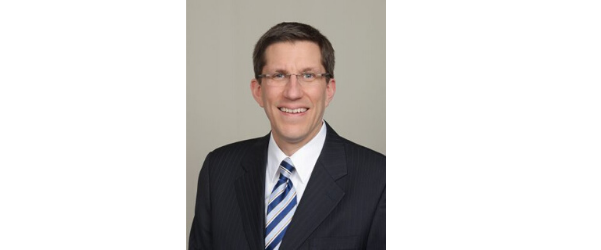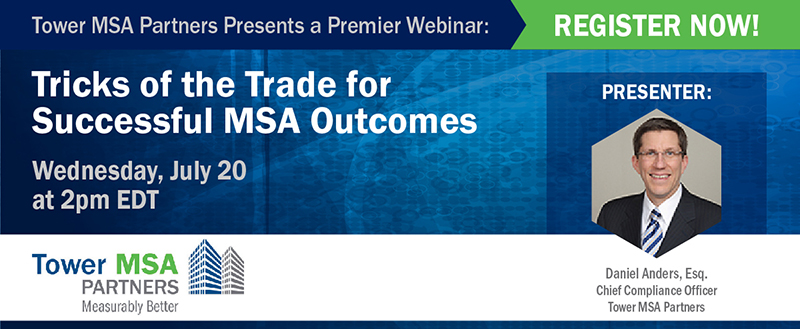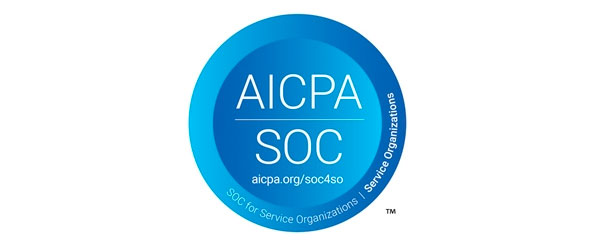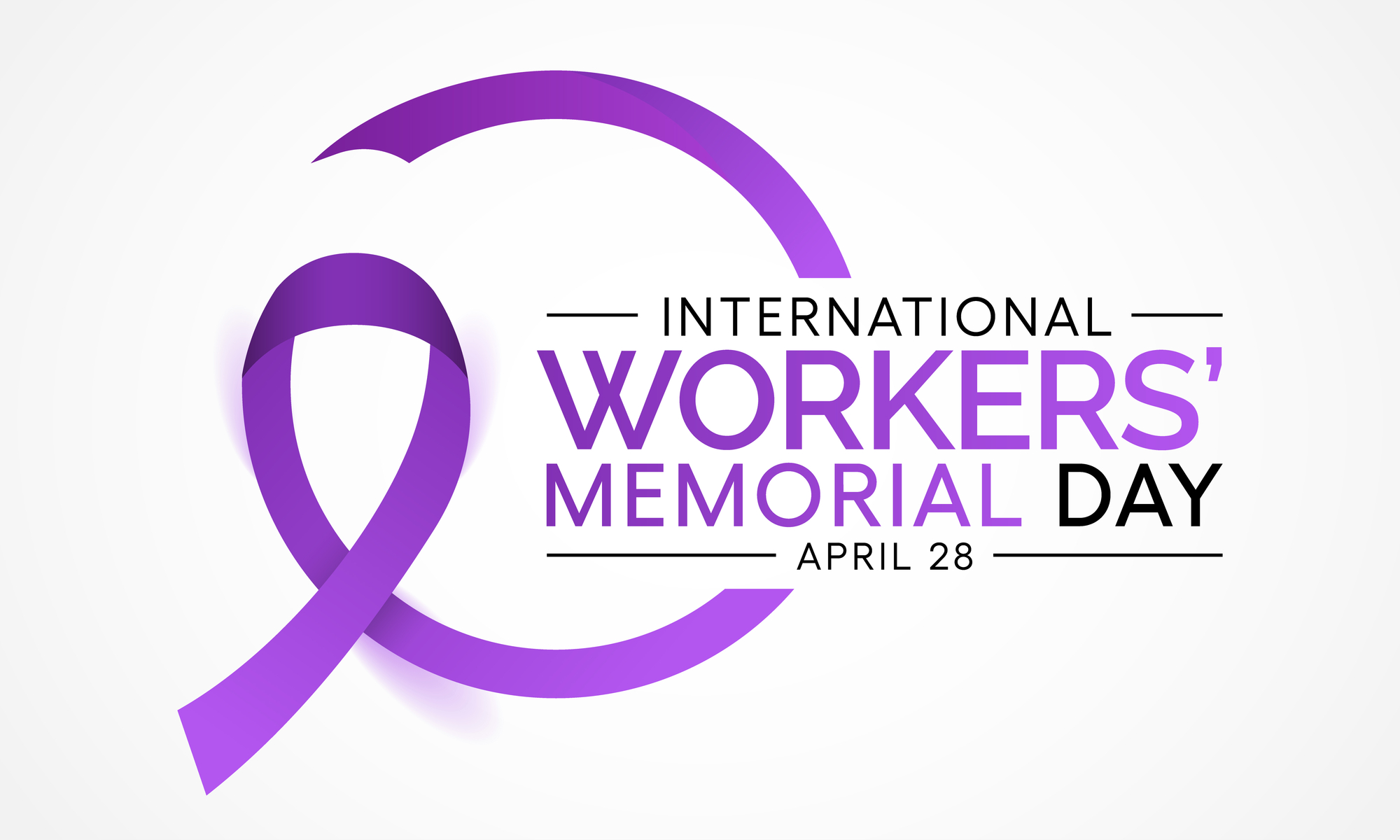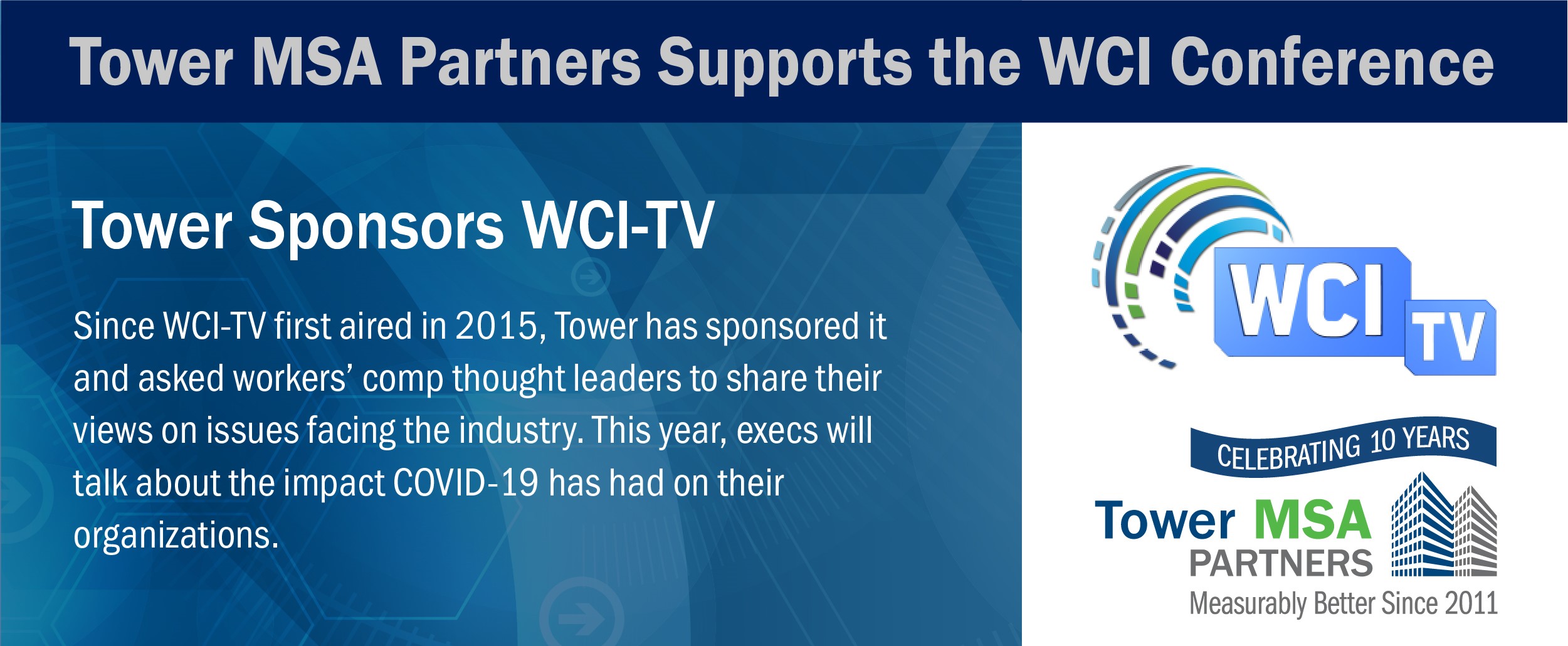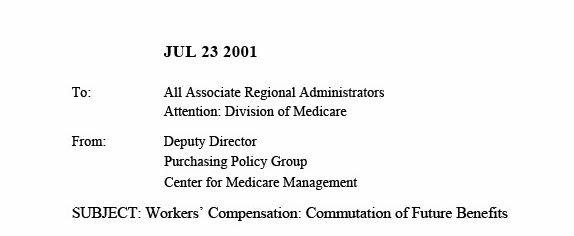Carisk® Partners, a specialty risk transfer and care coordination company, Tower MSA Partners, a settlement-focused MSP compliance company, and Ametros, a post-settlement medical administration company, are launching a novel, patient-centered case closure and settlement solution. The integrated program provides continuity in care and accurate medical cost projections while improving the settlement process for injured patients and workers’ compensation payers.
“We’re excited to partner with industry leaders Tower and Ametros on this innovative program that extends the trusted relationship built with the patient in our Pathways™ 2 Recovery program,” says Carisk CEO Joseph Berardo, Jr. “This bundled program benefits all parties by ensuring an accurate, fair and acceptable settlement and post-settlement experience for the patients we are entrusted to serve.”
As the patient approaches achievement of their care plan outcomes and goals, the Case Closure and Settlement Program introduces patient settlement resources delivered by Tower and Ametros into the Carisk Pathways™ 2 Recovery (P2R) process.
“Tower identifies all the treatment and legal barriers to settlement,” said Tower CEO Rita Wilson. “With the payer’s authorization, we proactively apply interventions to resolve pharmaceutical, medical, legal, and jurisdictional issues before we prepare a Medicare Set-Aside. This yields appropriate future care for workers’ comp patients, complies with the Centers for Medicare and Medicaid’s review policies, and facilitates closure. We are thrilled to overlay our settlement-focused workflow with Carisk and Ametros to create win-win outcomes for both payers and patients.”
Ametros advocates for Carisk patients during and after the settlement process, educating them about the multiple benefits available through professional administration of their MSA.
“Our mission is to help the injured person live a better life after they accept a settlement with an MSA. In addition to paying bills from their MSA, providing discounts on their treatments, and completing required CMS reporting, we have a Member Care Team to help them navigate the health care system after settlement every step along the way,” said Ametros CEO Porter Leslie.
This comprehensive solution extends patient advocacy for workers’ compensation patients whose cases Carisk manages during and after their claims settlements by ensuring that their future medical expenses are accurately covered and that the patients receive on-going support post-settlement. Working together, our Case Closure and Settlement Program accelerates claims closure, reducing payers’ claims portfolios, adjuster burdens, along with their medical, pharmacy, and indemnity costs.
To learn more, please contact Kristine Dudley, Tower’s Chief Operating Officer, at (888) 331-4941 or Kristine.dudley@towermsa.com.
About Carisk Partners and Pathways™ 2 Recovery
Carisk is a specialty risk transfer, care coordination company serving insurers, government entities, self-insured plan sponsors, and other managed care organizations. With a foundation in behavioral health, Carisk’s end-to-end combined solutions include risk-transfer and care coordination of delayed recovery, complex catastrophic cases and MBHO services. Carisk’s Pathways™ 2 Recovery program guarantees to improve outcomes and reduce overall cost of quality care by applying best practices and a patient-centered approach to manage complex challenges for the Group Health, Casualty and Auto markets. Carisk is the first and only Managed Behavioral Healthcare Organization with dual accreditations from both the National Committee for Quality Assurance (NCQA) and the Accreditation Association for Ambulatory Healthcare, Inc. (AAAHC). Visit www.cariskpartners.com to learn more.
About Tower MSA Partners
Based in Delray Beach, Florida, Tower MSA Partners provides MSP compliance and MSA services nationally. The company leverages the latest technology to seamlessly integrate, automate, measure, and manage every process from Section 111 reporting, conditional payment resolution and MSA optimization through claim closure and settlement. Tower is a nationally certified Women’s Business Enterprise (WBENC) and has received its SOC2 Type II attestation. For more information, visit https://towermsa.com/ and https://towermsa.com/msp-compliance-blog/.
About Ametros
Ametros is the industry leader in post-settlement medical administration and a trusted partner for thousands of members receiving funds from workers’ compensation and liability settlements. Founded in 2010, Ametros provides post-settlement medical management services with significant medical and pharmacy discounts along with automated payment technology and Medicare reporting tools. Headquartered just north of Boston in Wilmington, Massachusetts, Ametros may be reached at 877.275.7415 or via www.ametros.com
